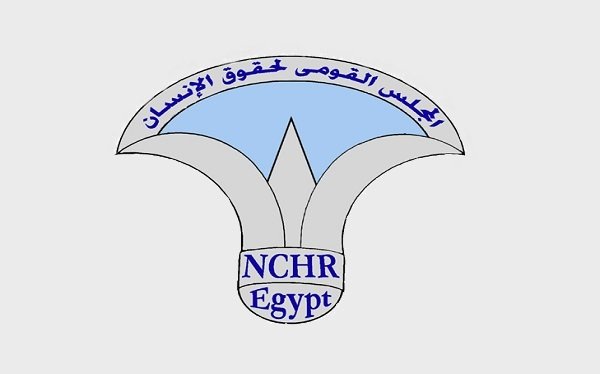
NCHR’s Conditional release applications acceptance criteria
The National Council for Human Rights (NCHR), represented by its Complaints Office, stresses that it receives Presidential Pardon applications, upon the directives of the President of the Republic in November 2016 during the First National Youth Conference in Sharm El Sheikh. Under this framework, and pursuant to the resolution to form a national committee, to be directly monitored by the President of the Republic, to conduct a comprehensive revision of the situation of young detainees in lawsuits related to freedom of expression, including demonstration, press, opinion and expression cases.
Furthermore, the NCHR also receives conditional release applications, which is subject to the provisions of Article no. (52) Of the Law on Prison’s Regulations and its amendments, which stipulates:
- Any person who has received a final sentence depriving him of his freedom may be conditionally released if he spends in prison half of the duration of his sentence and his behaviour during his stay in prison indicates that he has been reformed, may be conditionally released.
- In no case may the period spent in prison be less than 6 months. If the sentence is aggravated imprisonment, the convict may not be released unless he has spent 20 years at least in prison.
- Conditional release provisions stipulated in the aforementioned law shall not apply to the convicted in crimes stated in the laws no. (10 for 1914 on assembling, 182 of 1960 on drug control, except the offence mentioned in article no.37, 80 of 2002 on anti-money laundering, and 94 of 2015 on anti-terrorism).
Conditional release conditions also include the provisions of article 56 of the Law on Prison’s Regulations, which stipulates:
- A conditional release may be not granted if the convicted fulfills the pays his obligations as per the judicial verdict, unless it is impossible for him to pay them.
That takes place under the framework of the NCHR’s keenness to strengthen its functions in the development of the complaints receipt mechanism





 English
English
 Arabic
Arabic
 French
French
